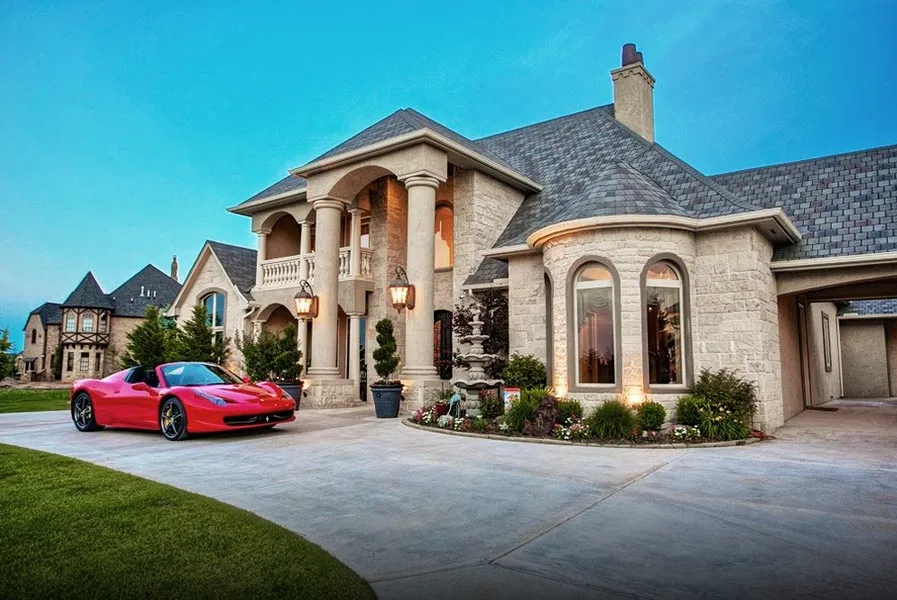Robust estate security depends on precise integration of technical and operational procedures. Only a true professional with a wealth of experience can provide total site-wide security, and without disrupting your normal daily rhythm.
Based on our more than 60 years of combined security experience, these are the key elements that we advise incorporating into your estate security protocol.
1. Find the Best Team for the Job
Not every security team is the best fit for your job. Look for a team with the appropriate amount of experience and training to do the job well. This is where it’s helpful to conduct agent background checks and training.
2. Proactivity
Even the best reactions during an emergency pale in comparison to a fully proactive approach. Rather than protecting against a non-stop barrage of external threats, your time is best spent preventing them from ever gaining momentum.
Counterintuitive as it sounds, developing your estate security plan around prevention actually better prepares you to handle dangers should they arise. To stay on the offensive, perform regular response drills, threat assessments, and procedural reviews to ensure you are fully prepared.
3. Security by Design
Most estates are already constructed when owners request security services. While fully curated protection is always possible, the best estate security is built straight into the architecture and landscape.
Depending on how established your estate already is, consider the following whenever taking on major renovations:
- Natural deterrents to unwelcome guests (such as thick, thorny bushes in front of windows)
- Impact-resistant windows and doors, especially at lower levels
- Clear sight lines to the most likely entry points
- Hidden safe rooms, stocked with amenities and an external communications device
- Location of ingress/egress windows and other emergency exits
- Resilient building materials, including tamper-resistant mechanisms
4. Broad-Spectrum Emergency Response Planning
While a home burglary occurs every 25.7 seconds in the USA, estate security is about much more than preventing crime. It’s imperative that you also incorporate natural disasters, civil unrest, medical crises, and other emergencies into your overall emergency response plan. Further, only the most well-rehearsed response plans will fully protect what’s important to you during a given emergency.
5. Collaboration
Security is not something you can entirely outsource; rather, it’s a necessary way of life. Yet, done well, a home culture of security actually reduces overall stress and grants greater peace of mind.
Achieving this level of estate security requires ongoing collaboration between numerous parties:
- Those living on the estate and their most trusted confidants
- Estate staff, especially those living on-site
- Local law enforcement
- The security team itself, including:
- Armed and unarmed personnel
- Access control staff and guest chaperones
- Plain-clothed and/or roving security guards
- Onsite and offsite security teams
Further, you must ensure any given security agency takes the most stringent measures in vetting their staff and providing them with regular training.
6. Integrated Surveillance Technology
Surveillance technology has come a long way in recent years. Today, it’s fairly easy to integrate audio/video surveillance, access control, motion detectors, alarms, and much more into a centralized monitoring system.
These integrated control systems are also adaptable to mobile and on-site applications, providing powerful and user-friendly oversight for even the most complex security technology.
7. Effective Lighting
Certain fundamentals of home intrusion protection apply just as well (and even more) to estate security. That includes improved exterior lighting, which has been proven to reduce burglaries significantly. Be sure to include the following areas in your estate lighting system:
- The perimeter, especially gates and other access points
- Locations under heightened video surveillance
- Doors, windows, and other direct points of entry
Custom Security Plans for Ultra-High-Profile Estates
We’ve touched on just several of the most important aspects of estate security, none of which should be treated as optional. Above all, David Shield Security emphasizes a holistic, ground-up approach to security, centered around fully custom security plans with state-of-the-art technology and time-tested operational procedures.
Just as threats to high-value assets are constantly evolving, so too must estate security strategies. To protect the people and assets that are most important to you, contact us, and discuss your security concerns today.

